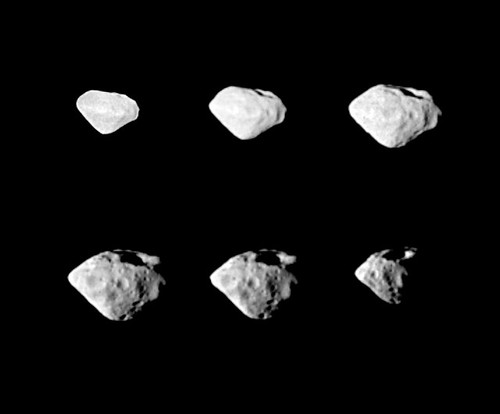New research rethinks the possible prevalence of life in the Universe, suggesting that our asteroid belt—as disrupted by the gravitational influence of Jupiter—played a key role in seeding the Earth with water and organic compounds. Unable to coalesce, and situated around the solar system's "snow line," the belt provides millions of little ice trays which come smashing into the Earth on occasion. On Starts With a Bang, Ethan Siegel says "getting struck by asteroids can introduce new organics and materials into the ecosystem, and can knock off the apex animals of the time, paving the way for new species to mutate and fill niches." Research shows that an asteroid belt like our own develops in only 4% of planetary systems, but it's too soon to say if it's really a prerequisite for, say, humanity.
Advertisment

Hello! This is cool! :)